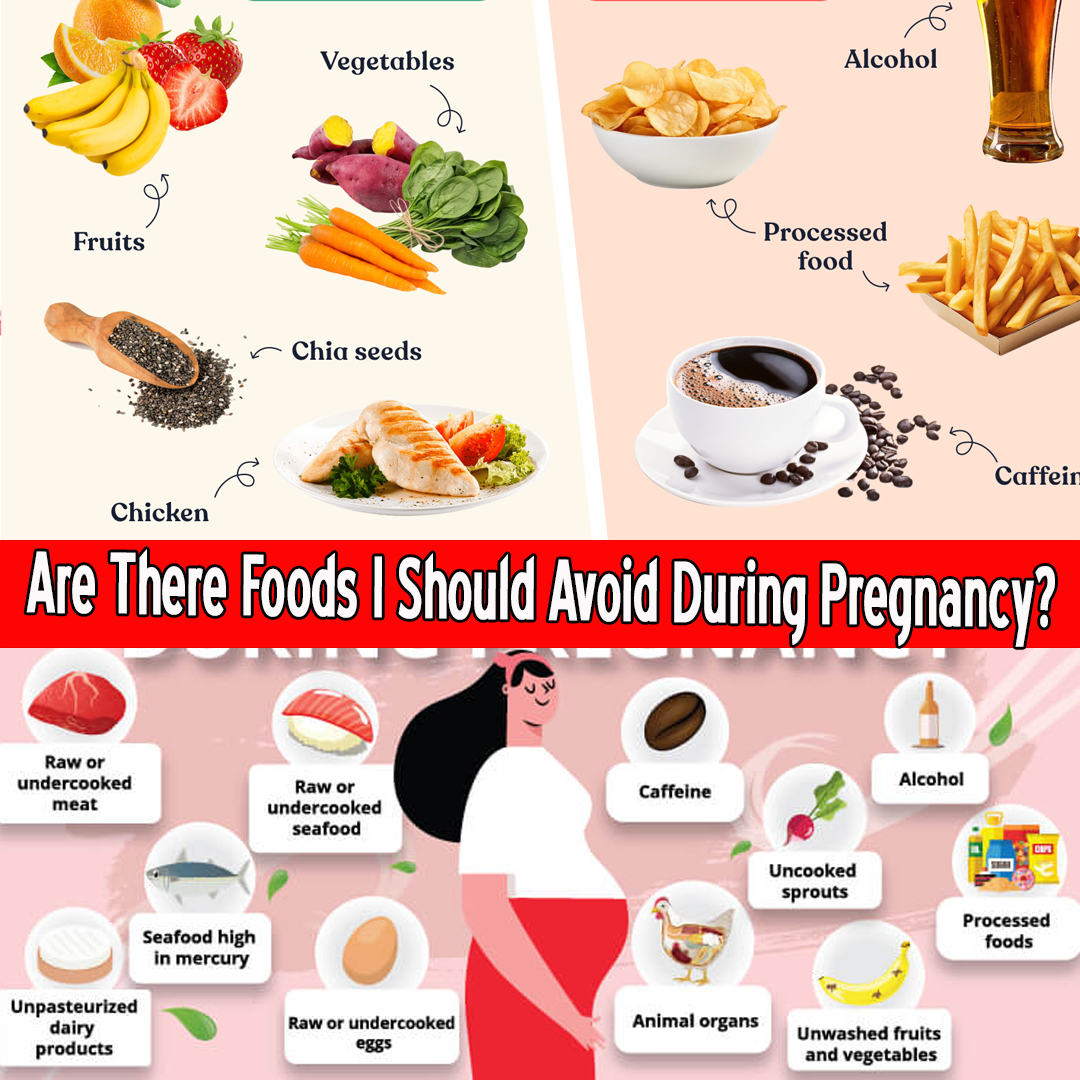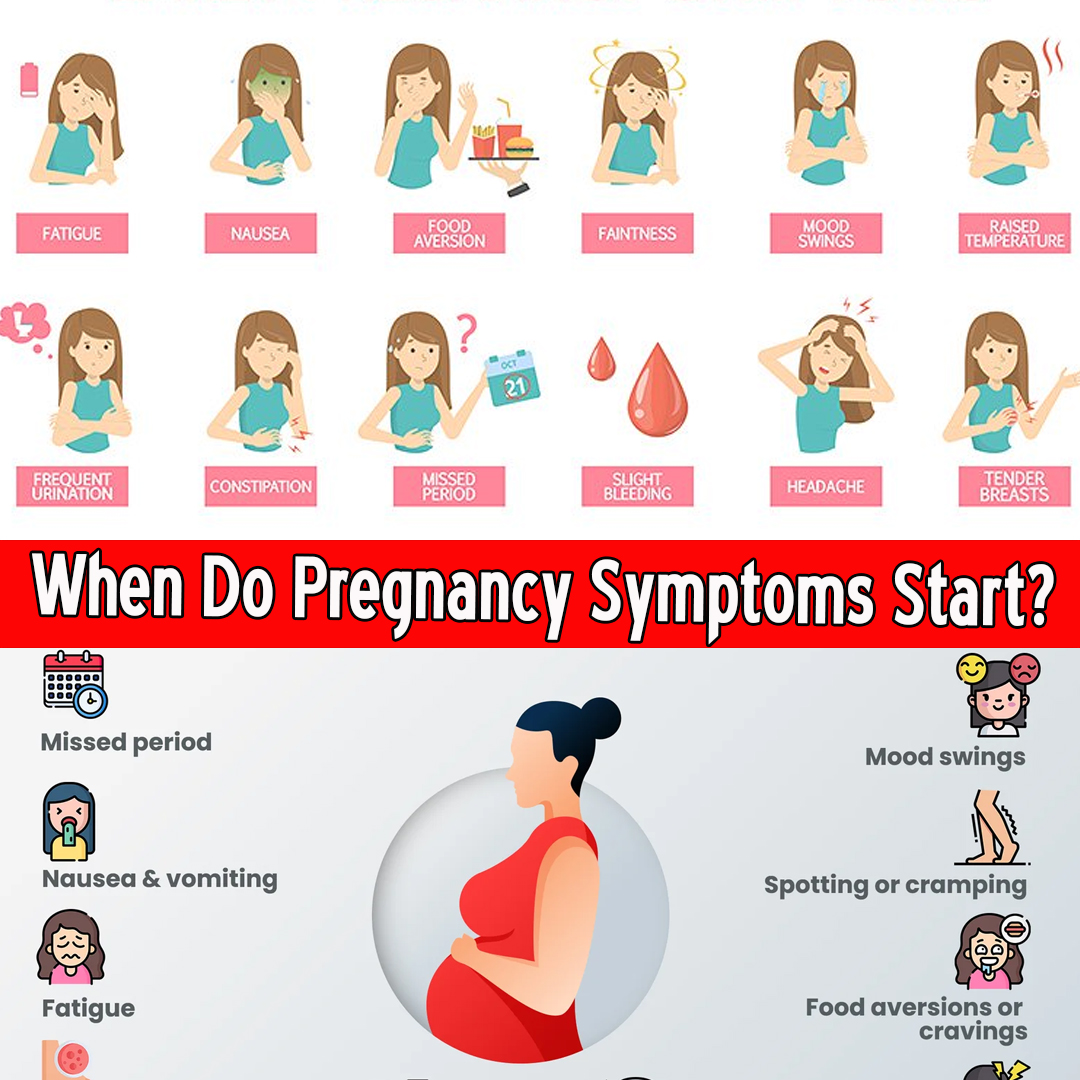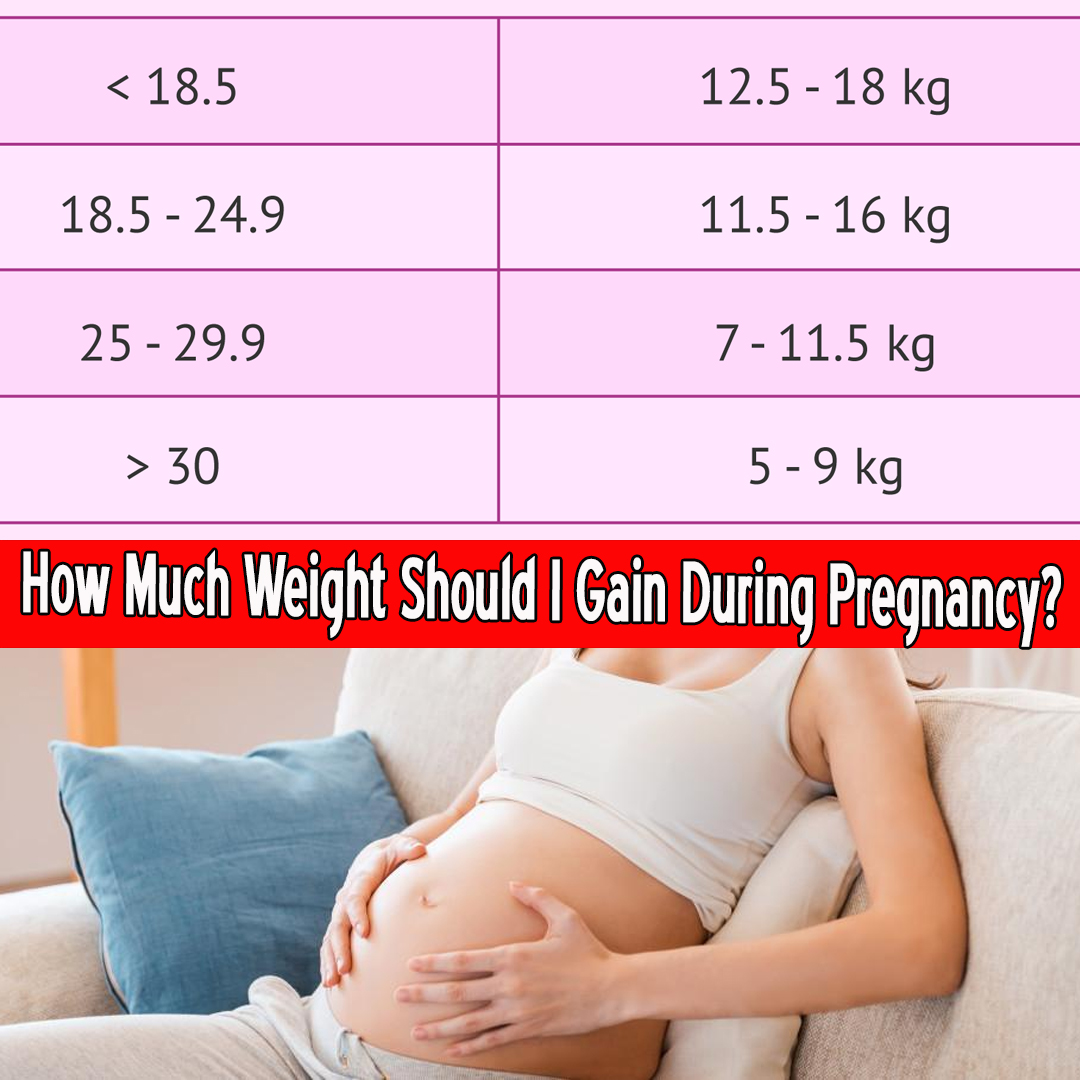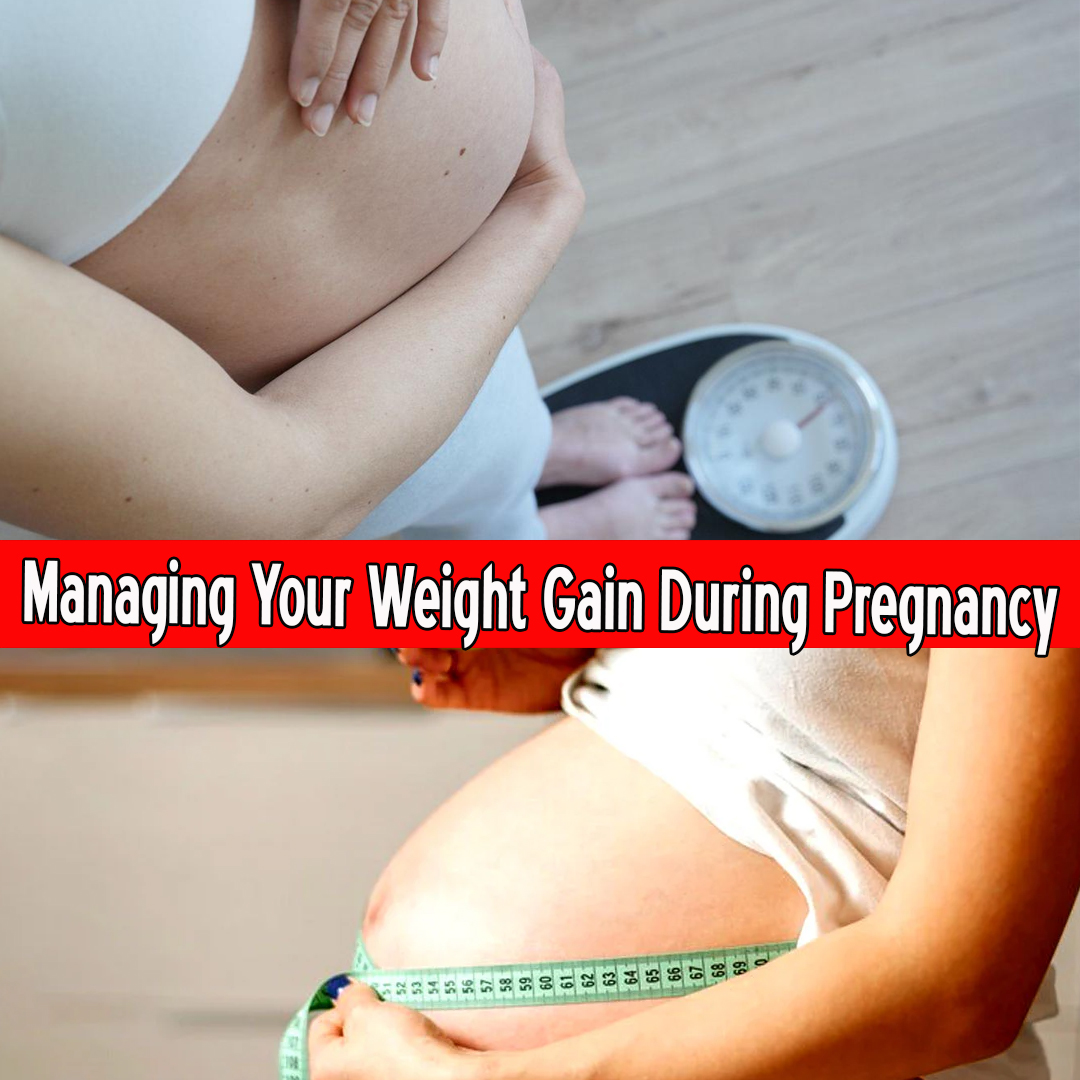The first month of pregnancy is a period of significant change, both physically and emotionally, for women. During this early stage, the body starts to adjust to the pregnancy hormones and prepare for the growth and development of the baby. Many women experience a variety of symptoms that indicate they are pregnant. These symptoms vary greatly from one woman to another, and some may experience only mild changes, while others could face more noticeable shifts. In this article, we will explore the common symptoms during the first month of pregnancy in detail.
Understanding Pregnancy and the First Month

Pregnancy typically lasts about 40 weeks, calculated from the first day of the last menstrual period (LMP). The first month of pregnancy refers to the initial 4 weeks, during which many changes are taking place, although you may not yet realize you’re pregnant. The fertilized egg is developing rapidly during this time, and implantation occurs. However, the symptoms can often be subtle, and some women may not experience noticeable changes.
Hormonal Changes
Pregnancy is accompanied by hormonal changes that play a major role in the development of pregnancy symptoms. The hormone human chorionic gonadotropin (hCG) is produced after fertilization and implantation, and it is the hormone detected in pregnancy tests. The body also produces higher levels of progesterone and estrogen to support the pregnancy. These hormonal shifts cause many of the early symptoms that women experience.
Common Symptoms in the First Month of Pregnancy
-
Missed Period
-
One of the first and most obvious signs of pregnancy is a missed period. However, not every woman has a regular menstrual cycle, and some may still experience light bleeding or spotting during the first month. If you have missed your period and suspect pregnancy, a home pregnancy test can confirm this.
-
-
Morning Sickness
-
Morning sickness, characterized by nausea and vomiting, is one of the most common symptoms experienced during the first trimester, and it often begins in the first month of pregnancy. Despite its name, it can occur at any time of day. While some women may only experience mild nausea, others may feel more intense symptoms. Morning sickness is thought to be caused by the hormonal changes in the body, particularly elevated levels of hCG and estrogen.
-
-
Fatigue
-
Fatigue is another common early symptom. As the body adjusts to the pregnancy, it uses more energy to support the developing fetus. This can make a woman feel unusually tired, even if she hasn’t been doing strenuous activities. The increase in progesterone during pregnancy can also contribute to feelings of drowsiness. If you’re feeling more exhausted than usual, it could be an early pregnancy sign.
-
-
Tender or Swollen Breasts
-
Hormonal changes in early pregnancy can cause the breasts to feel tender, swollen, or sore. This happens because the body is preparing for breastfeeding, and the milk glands are beginning to develop. Women may notice that their breasts feel heavier or more sensitive, and their nipples may become darker and more pronounced. This symptom is typically temporary and should subside in a few weeks.
-
-
Increased Urination
-
Many women notice an increased need to urinate during the first month of pregnancy. This happens because the uterus begins to expand, putting pressure on the bladder. Additionally, the body starts to produce more blood, and the kidneys work harder to filter this extra fluid, leading to more frequent trips to the bathroom. Although this symptom may not be as intense in the very early days, it becomes more pronounced as the pregnancy progresses.
-
-
Mood Swings
-
Mood swings are a common symptom during early pregnancy. Hormonal fluctuations can cause emotional changes, leaving women feeling more sensitive, irritable, or emotional than usual. The increase in progesterone can have a calming effect on the body, but it can also contribute to feelings of irritability or sadness. These emotional shifts can sometimes be overwhelming but are generally temporary.
-
-
Food Cravings and Aversions
-
Pregnancy hormones can have a significant impact on a woman’s sense of taste and smell. Some women may experience food cravings, where they feel an intense desire to eat certain foods, such as pickles, chocolate, or specific fruits. On the other hand, some women may develop food aversions, finding that they cannot tolerate certain foods or smells that previously didn’t bother them. These changes are likely driven by hormonal fluctuations and may vary from one pregnancy to the next.
-
-
Constipation
-
Constipation is a common issue during early pregnancy, and it is often caused by the hormone progesterone. This hormone slows down the digestive process, making it more difficult for food to move through the intestines. As a result, many women experience bloating, gas, and difficulty having regular bowel movements. Drinking plenty of water and eating a fiber-rich diet can help alleviate this symptom.
-
-
Headaches
-
Hormonal changes, along with changes in blood volume, can trigger headaches in early pregnancy. These headaches can be more intense or frequent than usual, especially during the first month. While some women experience only mild discomfort, others may find that headaches are a more persistent issue. Staying hydrated, resting, and avoiding stress can help minimize these headaches.
-
-
Light Spotting or Bleeding
-
Some women experience light spotting or bleeding during the first month of pregnancy. This can occur around the time of implantation, when the fertilized egg attaches to the lining of the uterus. The bleeding is usually light, pink, or brown in color, and is often referred to as implantation bleeding. It’s important to differentiate between implantation bleeding and a more serious condition like a miscarriage, so if the bleeding is heavy or accompanied by pain, it’s essential to consult a healthcare provider.
-
-
Increased Sense of Smell
-
Many women report a heightened sense of smell early in pregnancy. This can be triggered by hormonal changes, and the scents that were once pleasant may suddenly become overwhelming or nauseating. This heightened sensitivity to smells is often one of the first signs of pregnancy that women notice, even before they experience other physical symptoms.
-
-
Bloating
-
Bloating is a common early pregnancy symptom due to the increase in progesterone. This hormone causes the muscles in the digestive tract to relax, leading to slower digestion and a feeling of fullness or bloating. This sensation can often be mistaken for pre-menstrual bloating but is typically more persistent in pregnancy. Wearing loose-fitting clothes and avoiding heavy meals may help alleviate this discomfort.
-
-
Back Pain
-
As the body starts to adjust to the changes of pregnancy, some women experience mild back pain. This can be due to hormonal changes that loosen the ligaments and joints in the pelvic area in preparation for childbirth. Although back pain is more common in the second and third trimesters, some women may experience it during the first month as well.
-
-
Dizziness or Lightheadedness
-
Early pregnancy can cause changes in blood circulation, which may lead to feelings of dizziness or lightheadedness. This can occur as the body adapts to the increased blood volume required to support the developing fetus. Some women may experience this symptom when standing up quickly or in hot weather. It’s important to stay hydrated and avoid standing for long periods to minimize these feelings.
-
-
Changes in Skin
-
Pregnancy can cause various changes in the skin, some of which may occur during the first month. For example, some women notice dark patches of skin, especially on the face, a condition known as melasma or the “mask of pregnancy.” Others may develop a line down the center of their abdomen, called the linea nigra. Additionally, increased blood circulation may cause a “pregnancy glow,” leading to healthier-looking skin.
-
When to See a Doctor
While many of the symptoms described above are common and harmless, it’s important to consult a healthcare provider if you experience any of the following:
-
Heavy bleeding, more than just light spotting
-
Severe pain or cramping
-
Dizziness or fainting spells
-
Severe headaches that don’t subside
-
Extreme nausea and vomiting that prevent you from keeping food or liquids down (could indicate hyperemesis gravidarum)
-
Sudden swelling in the hands, feet, or face
-
Painful urination or blood in the urine
Conclusion
The first month of pregnancy is an exciting yet challenging time, filled with significant changes in the body. From missed periods to morning sickness, mood swings, and fatigue, the early signs of pregnancy can be overwhelming for many women. However, these symptoms are usually temporary and are part of the body’s natural adjustments to the pregnancy.
It’s important to remember that every woman’s experience is unique, and not all women will experience every symptom listed above. If you suspect that you are pregnant, a home pregnancy test followed by a visit to a healthcare provider is the best way to confirm the pregnancy and ensure that everything is progressing smoothly.
Maintaining a healthy lifestyle, staying hydrated, and getting proper rest can help alleviate some of the discomforts that come with the early stages of pregnancy. If any symptoms feel particularly concerning, don’t hesitate to reach out to a doctor for guidance and support. Early pregnancy is a time of transition, and with the right care and attention, most women can navigate this stage with confidence. Salary















Leave a Reply